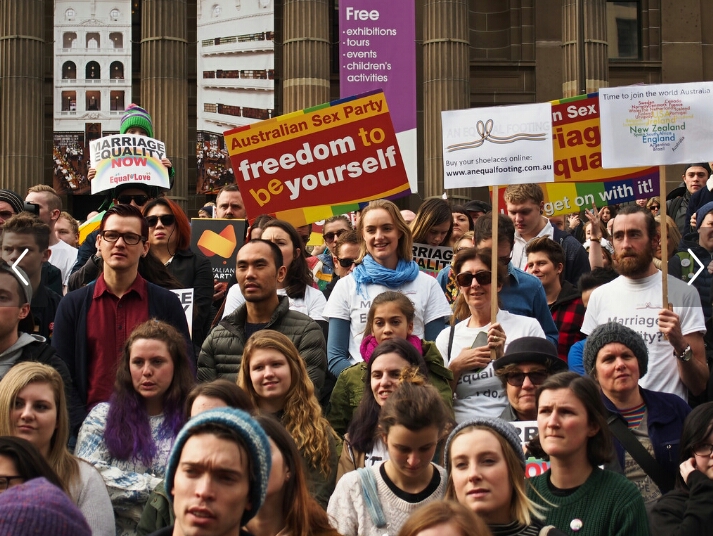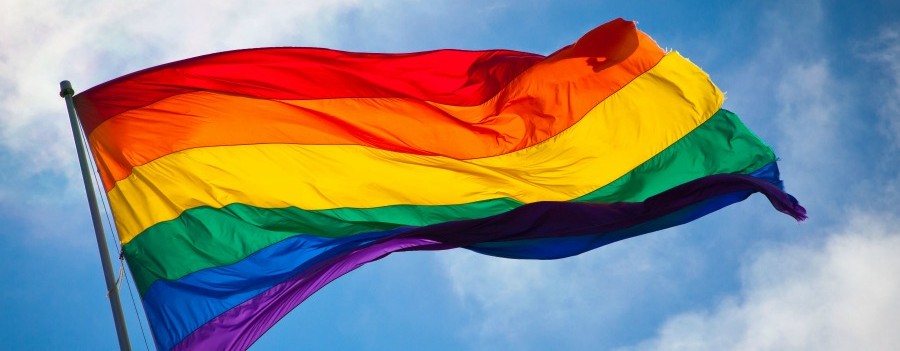Tasmania’s Legislative Council and the Australian Capital Territory Legislative Assembly have both passed motions to support same-sex marriage this week.
The motions have no legal power. A 2013 High Court ruling found that state and territory laws which were inconsistent with federal policy were unconstitutional.
This isn’t the first time the ACT has acted on marriage equality. In 2013 the ACT Legislative Assembly introduced the Marriage Equality (Same Sex) Act 2013. This legalised same-sex marriage briefly, but spurred the High Court case.
ACT Chief Minister Andrew Barr has called for the Federal Government to abandon the “divisive” proposed plebiscite. Mr Barr is the first openly gay politician to lead an Australian state or territory. He entered into a civil union with partner Anthony Toms in 2009.
“The time to vote is now. It’s well and truly time, Canberra knows it, Australia knows it.” Mr Barr said.
The Coalition’s promised plebiscite has been controversial. Because marriage equality would not change the Australian Constitution, a plebiscite is not a necessary step.
Peta Credlin told Sky News last month the debate over marriage equality would cause chaos in the Coalition. She also suggested it could cost Malcolm Turnbull the top job.

Earlier this month Rodney Croome, founder and head of Australian Marriage Equality, quit his position over concerns the plebiscite would incite anti-gay hatred. The veteran gay rights campaigner told Fairfax Media he wanted parliament to hold a free vote instead.
“If there is a plebiscite and a gay kid kills himself because of the hate, I need to be able to look myself in the mirror and know I did everything I could to stop it,” he said.
Ireland’s 2015 referendum on same-sex marriage is often cited as evidence that putting the issue to a national vote is an effective solution.
But NUI Galway lecturer Brian Tobin said that “homophobia reared its head” during the referendum campaign, lending legitimacy to Croome’s concerns.
Irish marriage equality advocates say the referendum reduced lesbian and gay couples to “begging” for approval. Writing for The Conversation, Mr Tobin said that marriage equality was a “political hot potato”, and holding a referendum meant Ireland’s political parties wouldn’t face backlash for its success.
“Irish politicians had the option of legislating same-sex marriage without a referendum, just as Australian politicians currently can,” he said.

